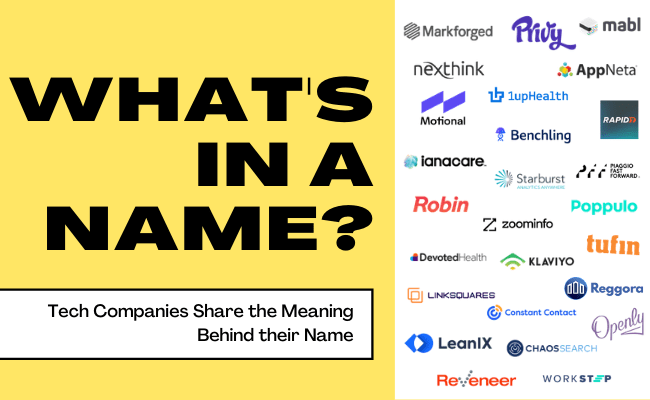About Benchling and what they do
So Benchling is software company, our mission is to unlock the power of biotechnology. So kind of big abstract mission here. Concretely, what this means is that we find processes in biotech that aren't running smoothly. And then we build software solutions that ultimately save our scientists a ton of time. Like, you know, DNA, it's just a really long string. And guess what's really good at processing really long strings, computers, not humans. That's where we started, we started by building molecular biology tools, then we realized that the scientists were storing their data in individual lab notebooks in spreadsheets, like data's just kind of all over the place. So we built this biologically aware database for entire organizations to store their data. And now we're tackling how scientists actually do their work. So it turns out in order to like get a drug to market, it actually takes dozens of teams tracking dozens of tasks all having to be done in the right order over the course of months. And how do they coordinate handoffs and track their progress? Currently, they use email, they use Excel, like, Wouldn't it be great if they could just open a software application and see what work they had to do next, like what they have to do today, and what this adds to the entire processes. That's what Bentley is trying to build.
Details on their engineering team
So our engineering team right now is just over 200 people, and we're split into three pillars. The first pillar is applications, which is essentially what are the tools that our customers actually use. Then we have a platform pillar, which develops the foundation of all our applications. And finally, we have an infrastructure pillar, which essentially keeps eventually up and running. Under each pillar, we have groups of about three to four Scrum teams that all have common goals. And then each of those Scrum teams is about six to 10 people.
Cool projects engineers get to work on
So the one I think about the most is customization. Essentially, our customers don't model their data in the same way. So that biologically aware database I mentioned earlier actually has to have customizable fields to represent each customer is unique data. Similarly, a lot of our customers are doing similar things like drug discovery, but they're all doing them in slightly different often proprietary ways. So what we need to do is when we build a new tool for them, we need to figure out how to flexibly model all their different processes without trying to build some combinatorial explosion of user journeys. Another really interesting one, I think, is validation. A lot of our customers like in drug development are working in really highly regulated spaces, any change their data, and all their processes needs to be recorded and has to be defined and needs to be explained. So how do we build this sort of like customization and validation into everything we build.
Details on the tech stack
So our tech stack is Python on the back end, and then react TypeScript on the front end with a Graph QL data layer on the poor side where AWS.
What to expect during the interview process
So actually has a pretty structured interview process, which means that we're very well calibrated, and we strive for really fair interviews across the board, we look for four main axes. One is your general ability to programs or program productivity that we look at for problem solving skills, architectural skills, and then communication and collaboration. What the loop first typical interview looks like is you have three technical interviews, two of them are coding, one of them is a subset interview, and then you have a behavioral interview. And for more senior candidates, we actually do I think more of a project Deep Dive.
Why now is the ideal time to join
Now, it's have always been a good time to join Benchling. But I think the one that stands out to me is like we sort of just witnessed the power of magic Knology in the vaccine development for the pandemic, the speed at which we develop these COVID-19 vaccine was miraculous, like, but there's still actually a ton of improvement for those processes. Like I think those vaccines were actually developed in the first few months of the pandemic after the sequel, the DNA sequence for COVID was discovered. And then it just took months of clinical trials to prove that these vaccines were safe for humans, like can we build software that makes those clinical trials faster or more easily, parallelizable? generalizable? The other part is that these vaccines need to be stored at minus 80, which made their distribution basically impossible for most of the world. And the reason they had to do that was because they hadn't had time to run these things called stability studies, which is what determines whether or not you can store this vaccine safely at minus 80 minus 40, minus 20, room 10. Those studies right now are kind of a nightmare to run, you basically have to just calibrate a bunch of different variables. And eventually it's actually already making those studies faster currently, but we can build even better software solutions for them.
Transcribed by https://otter.ai





